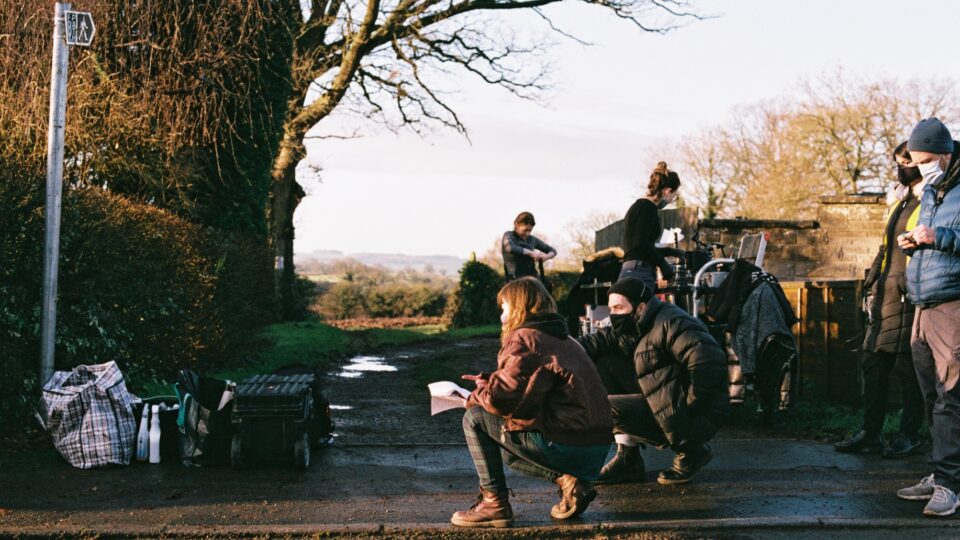(Behind the scenes photographs by Charlie Thorne)
Grace Morgan talks to screenwriter and director Sophie Littman about all things directing and what being a director means for Sophie.
What does it mean to be a director and how do you approach directing?
I guess to be a maker and having complete creative control? I think there are so many ways of answering that question, depending on the context and at what point you’re at in the project. But overall, I would say for me it boils down to just having something you love and making sure that that thing is the best thing it could possibly be.
What do you think makes a good director?
I want to say attention to detail but I think all that is usually just natural. Maybe love for the project? Because if you have that, there’s no way you’re going to do anything that you don’t think matters and the attention to detail will come automatically.
But I also think good directors ensure that every cog in the machine is given the oil it needs to whir smoothly. Basically they make sure everyone is given the resources they need to make their best work. So having the right creative conversations, making sure the notes are really on point and being digested correctly, making sure everyone is feeling comfortable and in the optimum mind-set for whatever is needed.
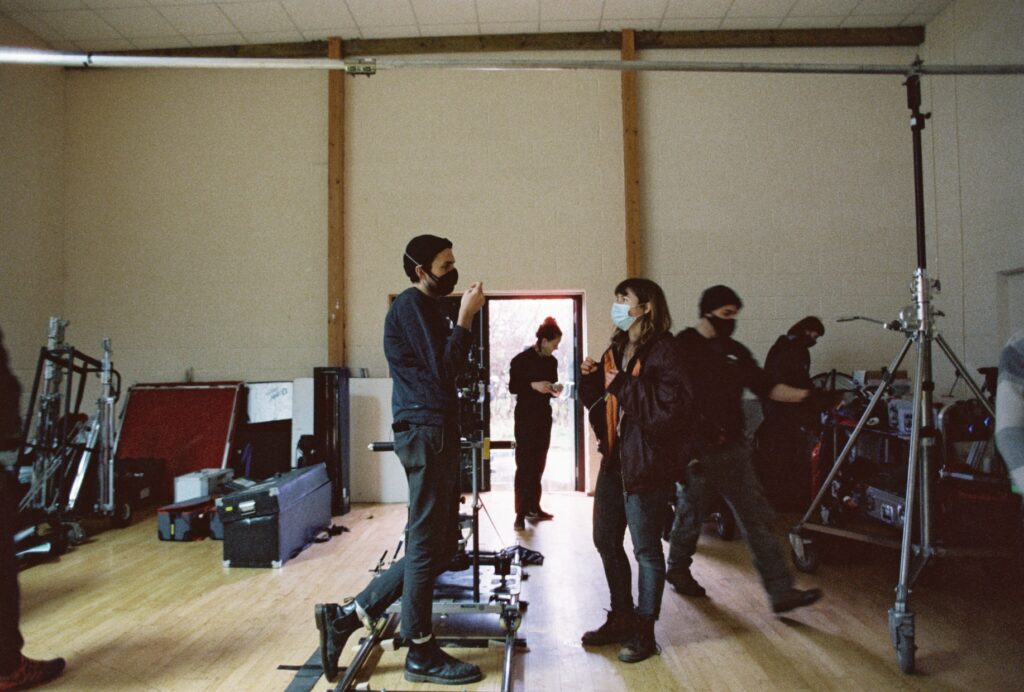
Do you think it’s easier to direct your own scripts?
I don’t know because I’ve not directed anything that isn’t my own script. But I think it’s different for everyone. I’ve got some friends who find it much easier directing work that isn’t theirs because they have an objective distance. It may be already at a great place in script form and then they can take it to another level by adding their thing. I love writing as much as I love directing, though they’re very different disciplines.
When does the ‘directors role’ first get brought into the film?
I’m always imagining how I’m going to shoot things whilst I’m writing, so for me it’s right there from the beginning. Thinking back to the idea of being a ‘control freak’, it’s just as important to let go and to allow yourself to move away from the script. To have new ideas that you write in the moment, on the day. For me it’s kind of jumbled, I’m directing whilst I’m writing and I’m writing whilst I’m directing.
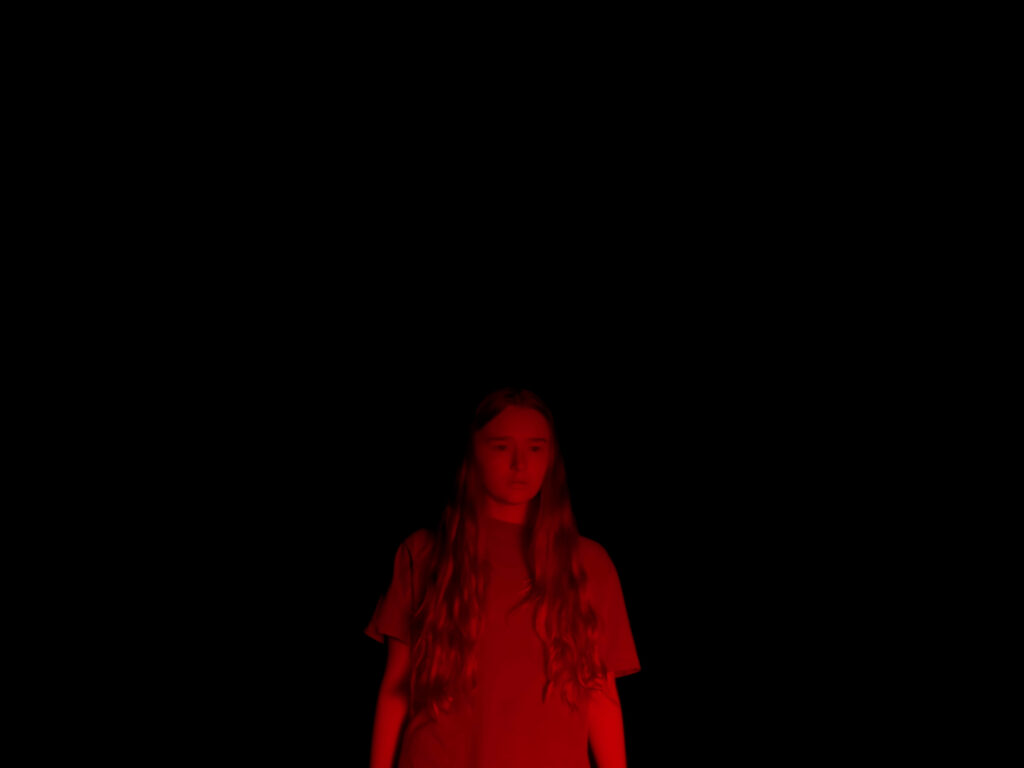
Could you explain the relationship between the director and producer?
For me my producer should be my comrade in arms. I find it works best for me when I have complete trust in them. It’s someone who is your right-hand man that you can completely lean on. But the support and appreciation goes both ways too. It’s not just someone who’s taking care of the logistics, it’s someone who you can go to at any moment and ask ‘What do you think of this? It’s someone who has such a firm hand on everything so that when things are going wrong, they can problem solve on that logistical front – which gives you the space to concentrate on finding the creative solutions.
Casting is so important in bringing the film and its characters to life. How do you go about casting your films and what do you look for?
I look for someone who has some quality of the character, but they might not necessarily match everything I have in my head – it’s a two-way street I think. I enjoy meeting someone in the casting process and thinking, ‘Oh I didn’t see them this way initially, but this is an interesting spin’ and then letting the character mould to the actor. It’s very different each time, but generally I look for people who embody some of the character’s traits and who also have interesting mannerisms and ways of being – and something behind the eyes.
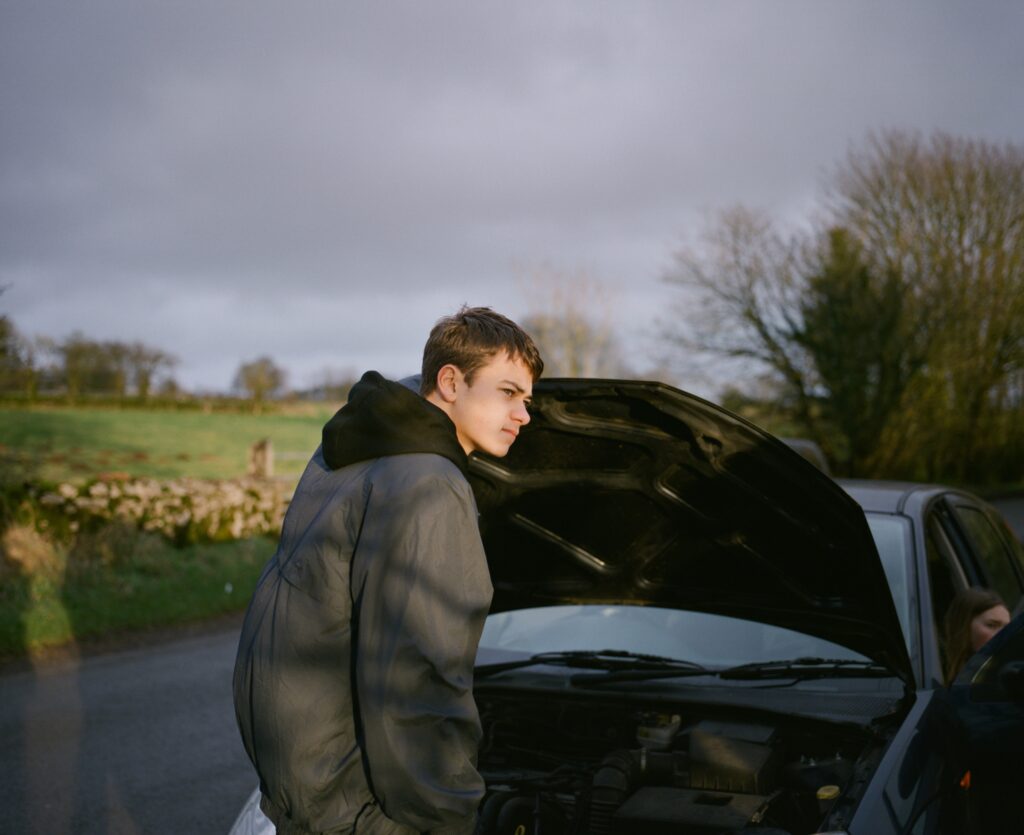
What does a typical day on set look like for you?
They’re all completely atypical! My time on set always goes past in such a flurry. I find it quite difficult to remember as I’m so immersed in it. I will be running through what we’re shooting that day, checking over all my notes. Usually, I’m playing catch up with anything that I’ve missed the previous day as well and trying to find ways to incorporate its subtext and meaning into the scenes we’re shooting that day. So it’s always a really fluid, changeable thing – as new ideas will also come about through this process. I’ll be thinking ‘How are we going to slip back in there? How am I going to fix this thing that didn’t really work in that scene? How am I going to inject this into what we’re shooting today?’ – and that will sometimes bring about new moments not in the script that often end up being my favourite parts of the film. I’ll be going through all my documents and ensuring that everything that I meant to get in there is in there. But also letting things be free and loose. So much of it is this paradox of being intensely hands-on about getting everything you wanted and also giving yourself the freedom for things to change.
How does the ‘director’ role carry on during post-production?
The role is completely there in post-production, as you’re just really hands on every step of the way. There is as much directing in post as there is on set. I usually will be doing some of the editing myself, then working with the sound designer and composer – I’ve started to do this thing where I work towards the score with the composer ahead of actually shooting. This way I have something to listen to that guides how I’m seeing things. I listen a lot whilst writing too – so working on that after shooting always feels like finishing off rather than beginning. Then yeah, I suppose having all these creative conversations and back and forth with HoDs. It’s exciting being in post, as you start to almost reform the film working with the material you have, which might be pretty different from how you initially pictured it.
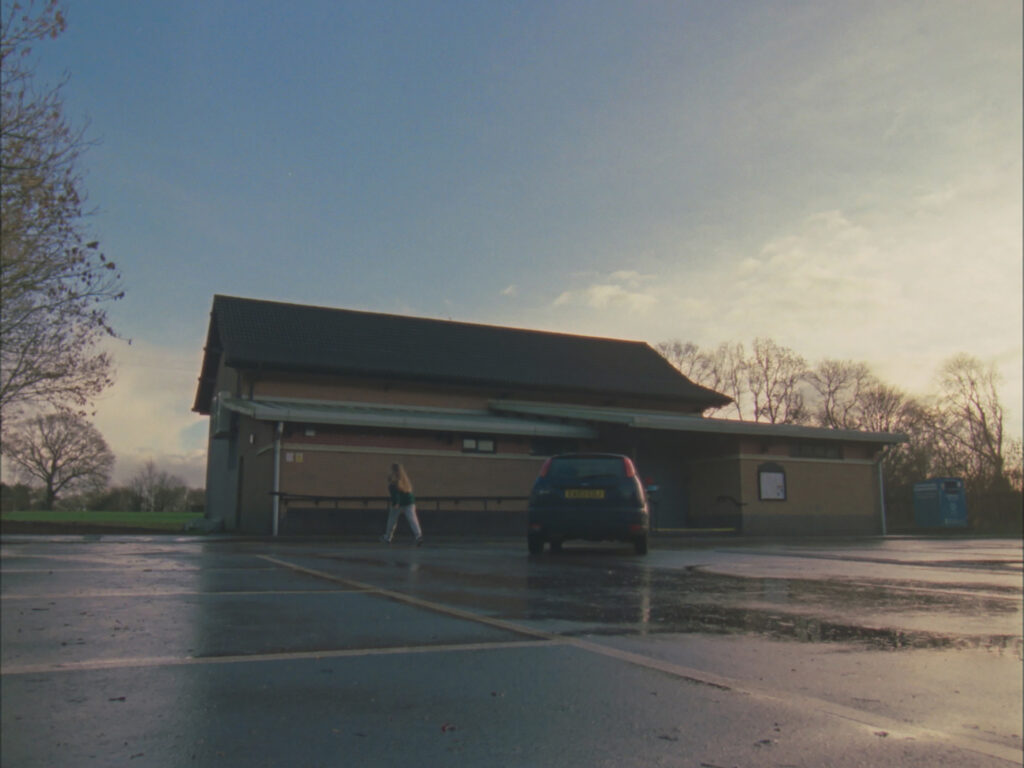
What is the film festival process like as a director?
I love being able to meet other writers and directors when you have your film screened somewhere. That’s really amazing and that’s something that I feel I’ve missed out on a bit with so many festivals being online. I think it’s so lovely to get to meet other filmmakers, see their work and to feel part of a community.
Do you have any advice for other young female directors/filmmakers?
In general, make the work that you want to make without trying to fit it into what you think people want. If you stay true to what you want to make, it really does shine through. That sounds cheesy! But, when things get hard – which they definitely do when you’re making films, it never feels like hard work, it just feels like you’re doing right by this thing that you love.
I would say have the confidence to be firm and to not think you’re being too much. If your concerns aren’t being listened to or taken seriously, find a way to re-phrase things because your gut is often right and it’s not just a ‘worry’. Also have the confidence to call yourself a director.
Also – one other little thing is that sometimes characteristics that are seen as particularly ‘female’ traits can be strengths. I think being a conscientious and considerate director is great, personally, and doesn’t stop you from being a good ‘leader’.
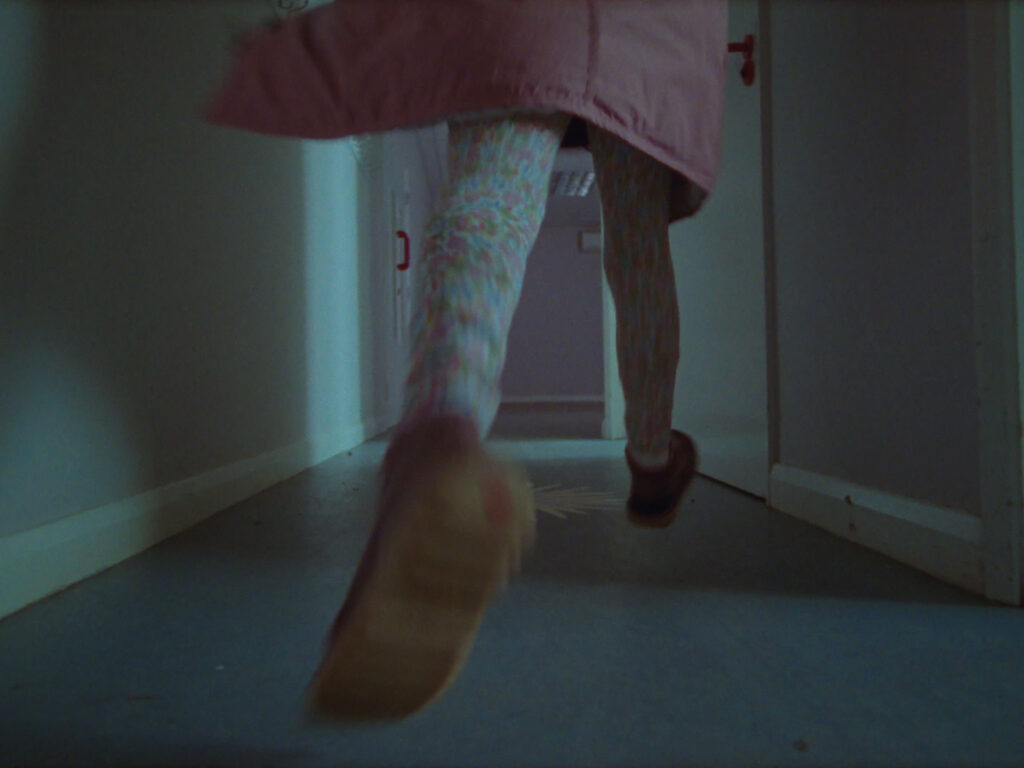
Sophie’s short film Know the Grass is playing in competition at the London Short Film Festival running January 14-23 2022. Tickets available now at shortfilms.org.uk.
Know the Grass was supported by BBC Films and BFI NETWORK, if you are interested in applying for BFI NETWORK then find out more at network.bfi.org.uk.
